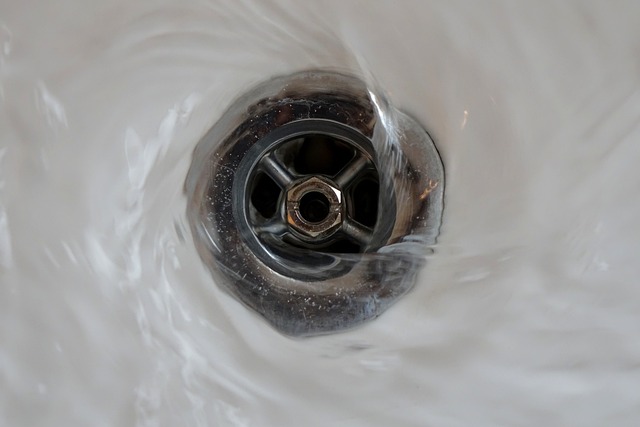The Importance of Regular HVAC Maintenance for Optimal Performance
Behind the Scenes: A Day in the Life of an hvac Technician
The Importance of Regular HVAC Maintenance for Optimal Performance
When it comes to the comfort of our homes or workplaces, few things are as crucial as a properly functioning HVAC system. We rely on these systems to keep us cool in the scorching summer months and warm during the bitter cold of winter. However, many of us take these systems for granted, rarely considering the hard work and expertise that goes into keeping them running smoothly. This article will shed light on the importance of regular HVAC maintenance for optimal performance, giving you a glimpse into the daily life of an HVAC technician.
HVAC technicians are the unsung heroes behind the scenes, ensuring that our heating, ventilation, and air conditioning systems are operating at their best. Their day typically begins with a thorough inspection of the system, checking for any signs of wear and tear or potential issues. This initial assessment is crucial in identifying any underlying problems that may affect the system’s performance.
Regular maintenance is essential to prevent costly breakdowns and extend the lifespan of your HVAC system. During routine maintenance visits, HVAC technicians clean and lubricate various components, such as the blower motor, condenser coils, and fan blades. This not only improves the system’s efficiency but also reduces the risk of malfunctions caused by dirt and debris buildup.
In addition to cleaning, HVAC technicians also check and replace air filters. Clogged filters restrict airflow, forcing the system to work harder and consume more energy. By regularly replacing these filters, technicians ensure that the system can operate at its optimal level, reducing energy consumption and lowering utility bills.
Another crucial aspect of HVAC maintenance is inspecting and adjusting the system’s electrical connections. Faulty connections can lead to system failures or even pose a fire hazard. HVAC technicians are trained to identify loose or damaged wires and rectify them promptly, ensuring the safety and reliability of the system.
Furthermore, HVAC technicians also assess the refrigerant levels in air conditioning systems. Insufficient refrigerant can cause the system to work harder, leading to increased energy consumption and reduced cooling capacity. By monitoring and adjusting refrigerant levels, technicians can optimize the system’s performance, ensuring that it operates efficiently and effectively.
Regular HVAC maintenance not only improves the system’s performance but also enhances indoor air quality. HVAC technicians thoroughly clean and sanitize the system, removing dust, allergens, and other pollutants that can accumulate over time. This is particularly important for individuals with respiratory conditions or allergies, as clean air can significantly improve their quality of life.
In conclusion, the daily life of an HVAC technician revolves around ensuring the optimal performance of heating, ventilation, and air conditioning systems. Regular maintenance is crucial in preventing breakdowns, extending the system’s lifespan, and improving energy efficiency. By cleaning and lubricating components, replacing air filters, inspecting electrical connections, and monitoring refrigerant levels, HVAC technicians ensure that your system operates at its best. Moreover, their efforts contribute to better indoor air quality, benefiting the health and well-being of occupants. So, the next time you enjoy the comfort of your home or workplace, remember the hard work and expertise that goes into keeping your HVAC system running smoothly.


